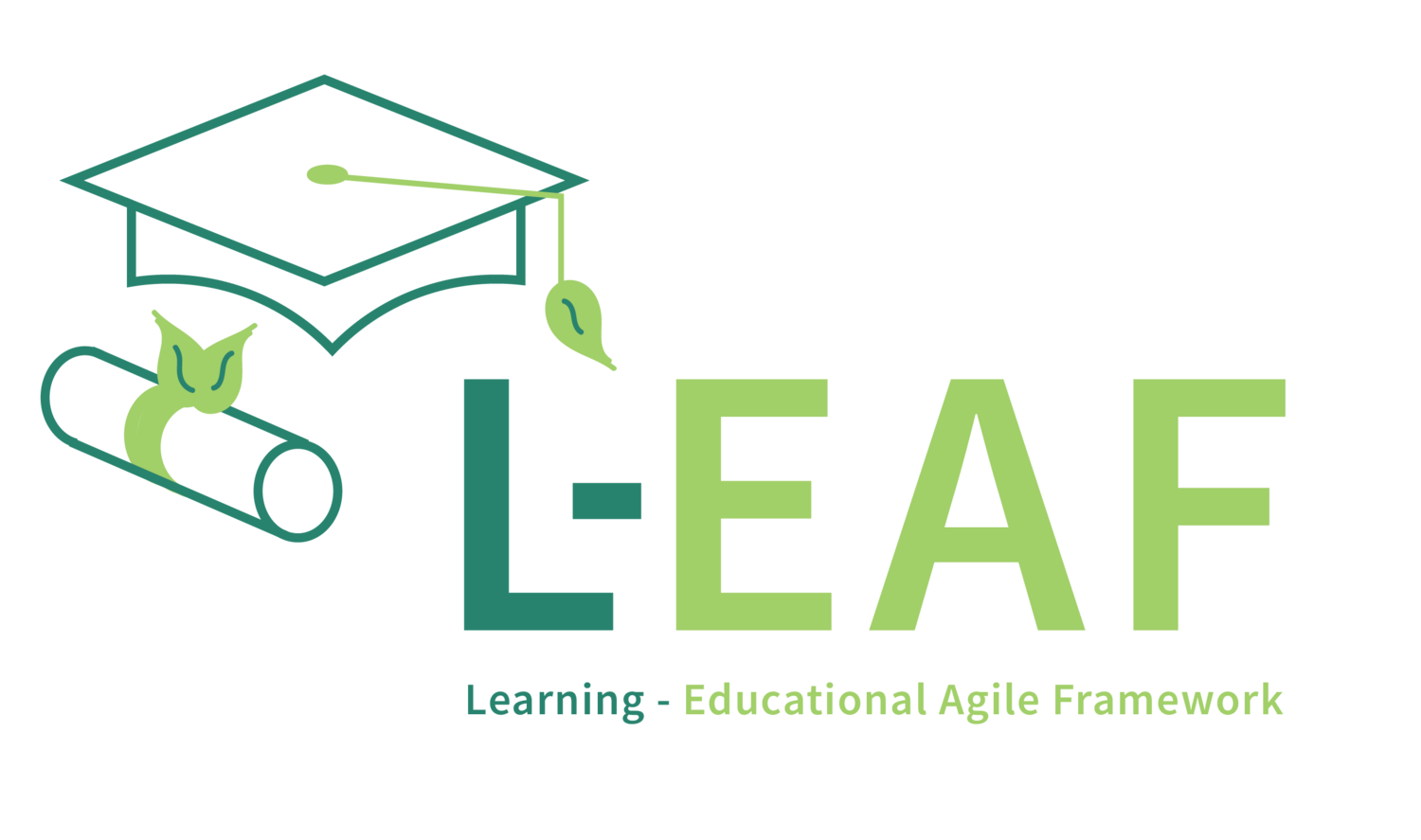The Art of Educational Agility: Lessons from a Veteran Coach
Transforming Education with Agile Principles
A New Vision for Schools: Based on years of coaching organizations through agile transformations, I realized that schools too could undergo a similar metamorphosis. Educational Agility is not about mere adaptation to change but a complete overhaul of educational cultures. As is the case in industry, all it takes is some curiosity and courage.
Personalized Learning: A Lesson from Agile
Customization in Education: In the business sector, customization is crucial for success. When training and coaching are localized and contextualized for organization, employees will trust their leaders have their needs in mond. Translating this to education, We encourage personalized learning paths, which cater to the unique needs, interests, and learning styles of each student. However, we encourage the students to engage in their personalization, freeing up teachers to attend to the students who require additional support. This approach not only boosts engagement but leads to deeper and more meaningful learning experiences.
From One-Size-Fits-All to Individualized Education: Drawing parallels with customer-centric strategies in business, L-EAF Certified coaches work with educators to shift from the outdated 'one-size-fits-all' model to a more individualized approach. This transition involves rethinking curriculum design, assessment methods, and even classroom dynamics. We have developed easy to use tools and approaches that rely on a basic agile Principle of “Simplicity - the art of maximizing the amount of work NOT done. It is essential”
Efficiency and Innovation in Schools
Streamlining Educational Processes: Based on our experience in optimizing business workflows, improving communications and skills coaching the L-EAF approach to enhancing efficiency in schools pulls from the common practices and skills that have been used for over 20 years. By adopting agile methodologies, schools can reduce bureaucratic overhead, leading to a more focused and productive educational environment. Providing leaders with easy to use work patterns that will accelerate your schools ability to deliver on its strategic initiatives.
Fostering a Culture of Innovation: Just as businesses embrace innovation to stay competitive, schools might explore a culture of creativity and experimentation. This can be achieved through agile practices that encourage risk-taking, iterative development, and feedback loops. By leveraging Rapid Learning Cycles and Rapid Working Cycles, leaders can minimize disruptions and minimize the Risk of an agile transformation
Parallel Benefits with Business Agility
Collaboration and Communication: One of the hallmarks of agility in business is improved collaboration and communication. In education, fostering an environment where teachers, students, and administrators collaborate closely leads to a more cohesive and effective learning experience.
Adaptability in a Changing World: The ability to adapt quickly to changing circumstances is vital in business. In the educational context, agility enables schools to respond to new educational challenges and opportunities creatively and confidently.


